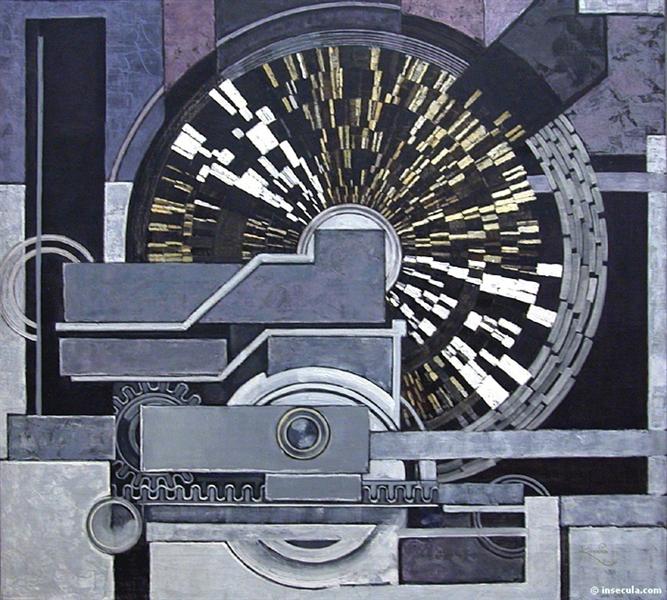Three exegeses

On Prince
You have to understand this was the era of the Minutemen and John Hughes. I lived during the 1980s and finally endured them. I thought then what I know now: everyone masturbates but class makes for us separate methods. This sounds like a prediction, but back then I felt it as a corrective. In this same period, Prince was absolutely pummeled with loneliness. “Another Lonely Christmas,” “Condition of the Heart,” “Computer Blue,” “Tambourine” all levered desolate blisters into an immersive environment. “Condition of the Heart” was a special case, and the last of its kind, wherein the desire itself and not the object of desire is embezzled. “There was a girl from Paris whom he sent a letter to / She never answered back and now…” Prince echoes James Baldwin, who in “New Lost Generation” sets the predicament, as a loss of innocence but also a conspiracy to arrogate the desires of others, the initiative of desire. Here the both of these men see whose taken it and that it was extractable at all, that it needn’t be what defines one but can accrue to anyone. That the syntax of desire is not far from that of finance. The French call the American expats “children” and the French girls are mostly, says Baldwin, of “the marrying type.” Prince licks a stamp. Meanwhile, “a real Prince from Arabia” sweeps her off her feet. That’s childhood for you. You own nothing, and that lets in all the air. Afterward, to continue breathing, you must suffocate others. No adult should send fan mail to anyone. And Prince himself admitted even his tales of sexual conquest were exercises in wish fulfillment. Why not the songs of desolation, also? Can I want this, too? The next song on the album is “Raspberry Beret,” nostalgia setting in. But then you’re on your own, and masturbation is recompense, where once it was an apprenticeship. In “Tambourine,” the drums sing along in harmony with a falsetto that, as it breaks off into tortured screeches, is still falsetto. Like a best friend’s stink, the song is with you in their wake. When kids heard this, we were in it together, cradled while we came.
On Plaise Pascal
Said Marcel Broodthaers to a gullible interviewer in 1968, that he would most like to live in the United States, “the country from which came, among other things, the Living Theatre, which in my opinion will influence all artistic efforts, of whatever type.” I wonder if he had seen Jonas Mekas’ film of the original 1963 Living Theatre production of Kenneth Brown’s play The Brig. Mekas’ camera darts about inside the action on stage, a perilous place to be given the mayhem of the text and the faithful realism of the production, meant to apply Antonin Artaud’s method of immanent “cruelty” to a military handbook. Even the cool cruelty of Hito Steyerl’s Lovely Andrea or November is this earnest. But Broodthaers could not have been in earnest. Instead he lived several years in Germany, poking fun at Joseph Beuys. He was not “engaged” but he was wizened. It’s a political coincidence that art is engaged but not even moral. I can explain. My daughter loves trivia. She’s nine years old. This coincidence seems to point to something, but it also makes a great “trick question.” She says to me that 17% of the world’s currency exists as cash and that 17% of the world’s animal species are discovered and named. Can earnestness be compatible with silly defeatism? Let’s ask Plaise Pascal. His reply solves nothing. What, he says, have you got to lose? Me who's got nothing worth stealing. But just to know that nothing you get can be secured to anything they want—that will do.
On NASA
The Apollo moon landing photographs, the snapshots of the surface, the long black triangles set at the base of the frame, the astronauts in the way of space, the clean distance between pure grey surfaces, the faultless air, they stuck a flag in it, as everyone could see against the monolithic topography, disappearing the flag pole, though, so it’s a Martian pulling the stars behind its craft, towing a banner ad like at sporting events (little green creatures waving through portholes to the team down below) or city beaches here at home, stars of course but stripes as well, their surely far advanced spacecraft stripping space itself in its horrendous wake, on their way to consolidate the Americas? There is also a white tripod stuck there, atop which is a golden dish pivoted and then locked in a forlorn gaze away. The easy alliance between inner- and outer-space was about to be bear its tertium quid in cyber space. It reminds of a usage stemming from an obsolete sociological distinction dating back to Franz Boas, wherein humans were crowded into three racial categories: Causasioid, Negroid, and Mongoloid. Its crudity can be heard in these terms and everyone would instinctively and rightly gag to hear them. Saying this aloud could be enough to make Martian and earthling federal space agency efforts redundant. My fellow Americans, our best chance out of here is not space at all, but time.
PATRICK DURGIN is the author of PQRS and, with Jen Hofer, The Route. A poet, scholar, and art critic involved with performance and poets theater, Durgin has also published three artist’s books: Daughter, Singles, and Zenith.
